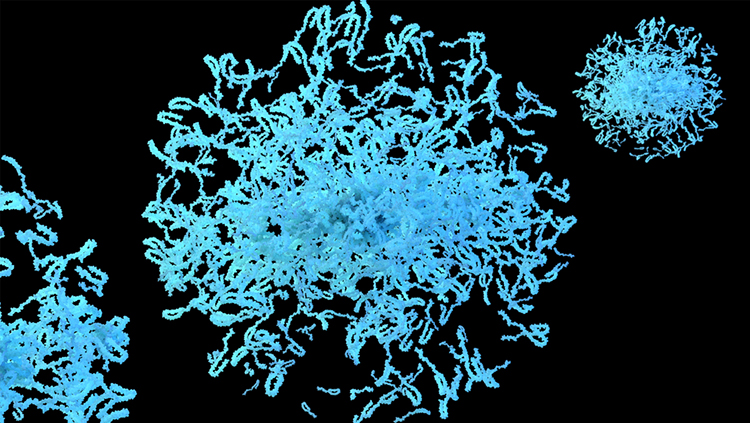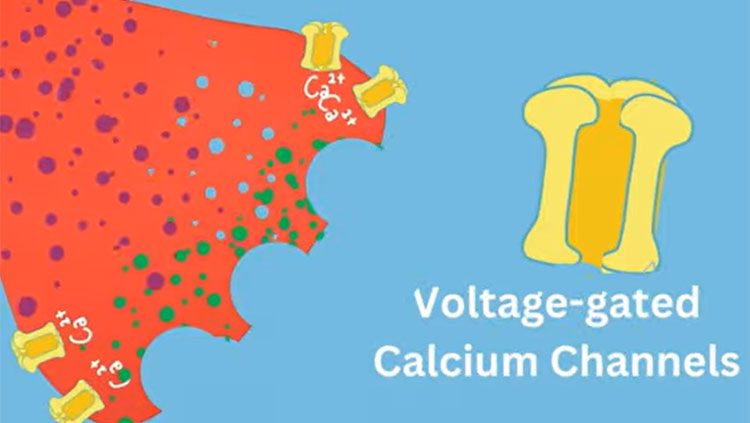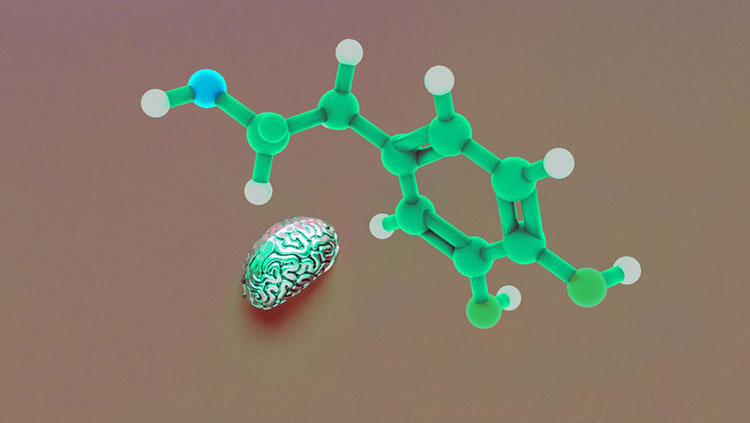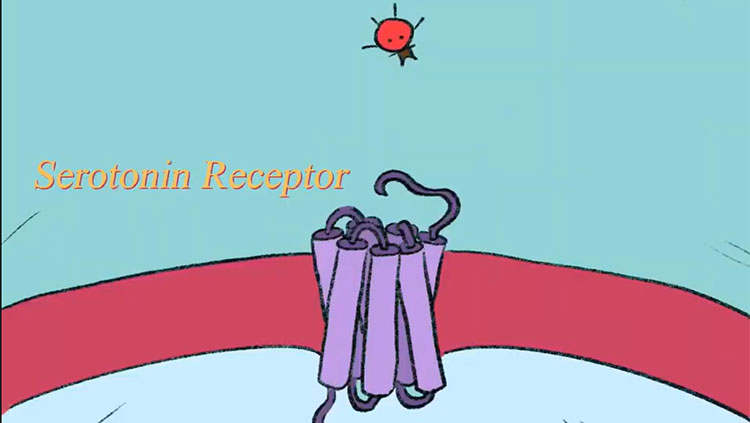The Short Answer: What Is Gene Expression?
- Published12 Jun 2019
- Source BrainFacts/SfN
Neuroscientist Nick Spitzer explains gene expression and how it contributes to the functioning of the body’s cells.
CONTENT PROVIDED BY
BrainFacts/SfN
Transcript
Nick Spitzer: My name is Nick Spitzer, I’m the Atkinson Family Distinguished Professor at the University of California San Diego.
Screen Text: What is gene expression?
Nick Spitzer: When we talk about gene expression very casually, of course it’s good to unpack exactly what that means. We know that cells in our body contain DNA in the nucleus at the center of the cell, but not all those genes, the little segments of DNA that encode particular functions, particular proteins, are expressed all the time.
So, under different conditions, different segments of the DNA get translated into messenger RNA, carrying the message from the DNA, to make proteins. And then, these proteins are the effectors that actually produce the changes in the cells that allow them to do the job that they do.
So, when we talk about gene expression, we’re talking about a series of molecular events that allow particular parts of the DNA to be read out, and contribute to the function of different cells, of course including nerve cells, neurons, in the brain.
Also In Genes & Molecules
Trending
Popular articles on BrainFacts.org

















